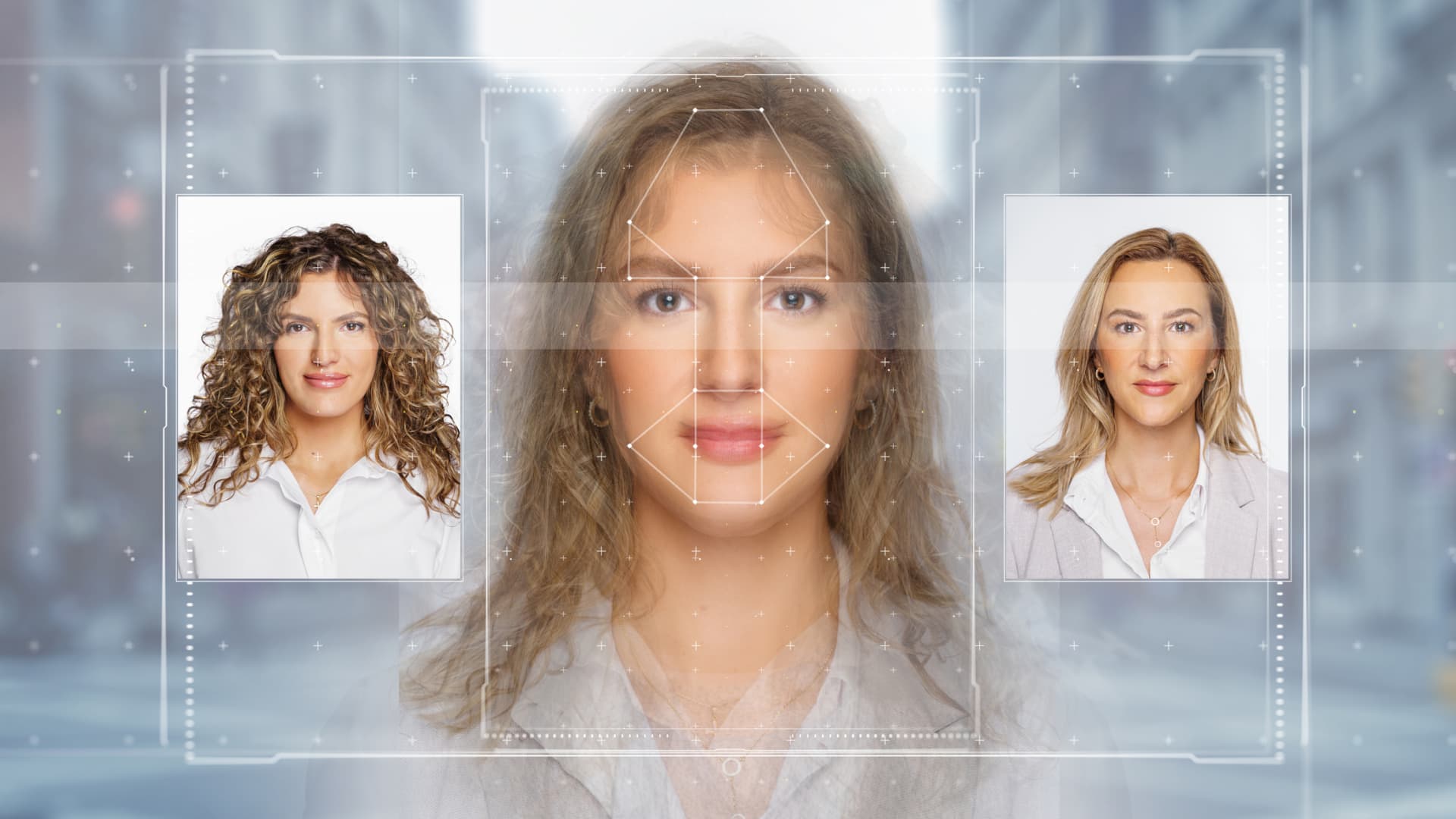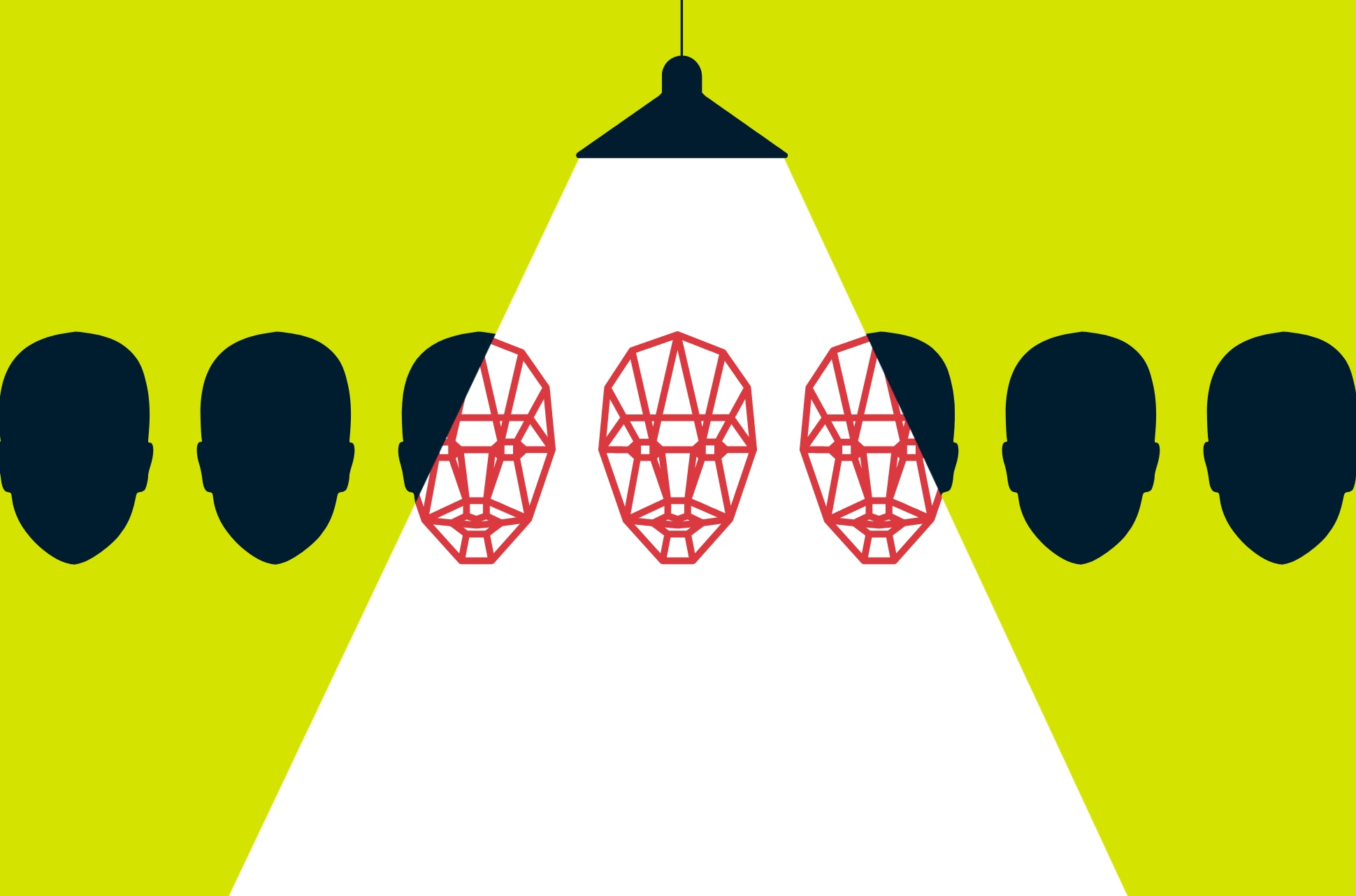Deepfake technology has taken the world by storm, and the Kpop industry is no exception. Imagine a world where your favorite Kpop idols can perform beyond their physical limits, or where long-retired legends make a virtual comeback. Sounds exciting, right? But hold up—there's more to this story than meets the eye. Deepfake Kpop isn't just about creating cool visuals; it's about redefining boundaries, challenging ethics, and sparking debates that touch on everything from artistry to privacy.
Now, let me ask you this: Have you ever wondered what happens when cutting-edge tech meets the high-energy world of Kpop? It's like mixing fire with fuel—things get explosive. Deepfake Kpop is not just a trend; it's a game-changer. Fans are diving headfirst into this new era, but the question remains—where do we draw the line?
So buckle up, because we're about to take a deep dive into the world of deepfake Kpop. From its origins to its impact on the industry, we'll break it all down for you. Whether you're a die-hard fan or just curious about the tech behind it, this article's got you covered.
- Nathan Fillion Height The Inside Scoop Yoursquove Been Waiting For
- Roland Garros Schedules Your Ultimate Guide To The French Open
What Exactly Is Deepfake Kpop?
Let's start with the basics. Deepfake Kpop refers to the use of artificial intelligence to create realistic videos, images, or even performances that look like they were made by actual Kpop idols. Think about it—your favorite group could perform a new song without even stepping into a studio. Sounds wild, doesn't it? But here's the kicker: deepfake technology isn't just for fun. It's a powerful tool that's reshaping how we consume and interact with music.
Deepfake Kpop isn't some far-off sci-fi concept. It's happening right now. Fans are using AI to generate everything from fake music videos to virtual concerts. Some of these creations are so convincing that even the pros can't tell the difference. But before we get into the nitty-gritty, let's talk about how this technology came to be.
How Did Deepfake Kpop Come About?
Deepfake tech didn't just pop up out of nowhere. It started with researchers experimenting with neural networks—basically, computers that can "learn" how to mimic human behavior. Over time, these networks became so advanced that they could replicate human faces, voices, and movements with stunning accuracy. And where better to test these capabilities than in the world of Kpop, where visuals and performances are everything?
- Goran Viscaronnji263 The Talented Actor Who Stole Hearts On Er And Beyond
- Tamron Halls Husband A Closer Look Into The Man Behind The Iconic Host
Here's the kicker: deepfake Kpop didn't start with the industry itself. It was fans who first embraced the tech, using it to create fan-made content. These fans weren't just messing around—they were pushing the boundaries of creativity. And before long, the industry took notice. Now, some of the biggest Kpop labels are exploring ways to integrate deepfake tech into their productions.
Breaking It Down: The Science Behind Deepfakes
So, how does it work? At its core, deepfake technology relies on two key components: Generative Adversarial Networks (GANs) and machine learning algorithms. GANs are like digital artists—they generate images by learning from thousands of examples. Meanwhile, machine learning algorithms help refine these images, making them look as real as possible.
Think of it like this: if you wanted to create a deepfake of BTS, you'd need tons of footage of the group. The AI would analyze this footage, learning everything from their facial expressions to their dance moves. Once it has enough data, it can generate new content that looks eerily similar to the real thing. Pretty wild, huh?
The Impact of Deepfake Kpop on the Industry
Deepfake Kpop is shaking things up in a big way. On one hand, it's opening up new possibilities for artists and fans alike. Imagine being able to see your favorite idol perform a song they never recorded or even create a virtual concert experience. But on the other hand, there are concerns about authenticity and privacy.
Let's talk about the positives first. Deepfake tech allows Kpop idols to reach audiences they might not have been able to otherwise. For example, if an idol can't attend a concert due to scheduling conflicts, a deepfake version of them could still perform. It's like having a virtual backup singer—only cooler.
The Flip Side: Ethical Concerns
But here's the thing: not everything about deepfake Kpop is sunshine and rainbows. There are serious ethical concerns to consider. For starters, how do we ensure that deepfakes aren't used to deceive or manipulate fans? And what about the privacy of the idols themselves? If someone can create a deepfake of them without their permission, where does that leave their rights as artists?
These are tough questions, and the industry is still figuring out how to address them. Some labels are taking proactive steps, like requiring artists to give explicit consent before their likeness is used in deepfake content. But others are lagging behind, leaving the door open for potential misuse.
Fans and Creators: The Driving Force Behind Deepfake Kpop
Let's not forget about the fans—the real heroes behind the deepfake Kpop movement. Fans have been at the forefront of this trend, using AI tools to create everything from fan art to entire music videos. Some of these creations are so impressive that they've gone viral, sparking conversations about the future of music and media.
But here's the interesting part: fans aren't just creating deepfakes for fun. They're using the tech to explore new possibilities and push creative boundaries. For example, some fans have used deepfakes to imagine what their favorite idols would look like in different eras or genres. It's like fanfiction, but with visuals.
Tools of the Trade: What Fans Are Using
So, what tools are fans using to create these deepfakes? There are plenty of AI platforms out there, ranging from free online tools to professional-grade software. Some of the most popular ones include D-ID, Runway ML, and DeepArtEffects. These platforms make it easier than ever for fans to dive into the world of deepfake creation.
But here's the thing: creating a good deepfake isn't as simple as pressing a button. It takes time, effort, and a lot of trial and error. Fans who want to create high-quality deepfakes need to invest in learning the tech and honing their skills. And let's be real—some of these skills are downright impressive.
The Business Side of Deepfake Kpop
Now let's talk about the business side of things. Deepfake Kpop isn't just a hobby for fans—it's also a growing industry. Companies are starting to see the potential of deepfake tech and are investing heavily in its development. Some are even partnering with Kpop labels to create official deepfake content.
But here's the million-dollar question: is deepfake Kpop profitable? The answer is a resounding yes. Brands are already using deepfakes to create ads, promotions, and even virtual influencers. And with the global deepfake market expected to grow exponentially over the next few years, the possibilities are endless.
Challenges and Opportunities
Of course, there are challenges to overcome. One of the biggest is ensuring that deepfakes are used ethically and responsibly. Companies need to be transparent about how they're using the tech and who they're collaborating with. They also need to respect the rights of artists and ensure that they're properly compensated for their work.
But despite these challenges, the opportunities are immense. Deepfake Kpop could revolutionize the way we experience music, making it more interactive and immersive than ever before. And with the right safeguards in place, it could become a force for good in the industry.
Deepfake Kpop and the Future of Music
So, where does this leave us? Deepfake Kpop is more than just a trend—it's a glimpse into the future of music. As technology continues to evolve, we can expect to see even more innovative uses of deepfake tech. From virtual concerts to AI-generated music, the possibilities are endless.
But here's the thing: the future of deepfake Kpop depends on how we choose to use it. Will we embrace it as a tool for creativity and innovation, or will we let it become a source of controversy and conflict? The choice is ours.
What's Next for Deepfake Kpop?
Looking ahead, there are a few key trends to watch. First, we can expect to see more collaboration between tech companies and Kpop labels. This could lead to the development of new tools and platforms that make deepfake creation easier and more accessible.
Second, we may see more regulations around the use of deepfake tech. As the industry grows, governments and organizations may step in to ensure that it's used ethically and responsibly. This could include things like licensing requirements or mandatory consent from artists.
Conclusion: Is Deepfake Kpop Here to Stay?
Deepfake Kpop is here, and it's not going anywhere anytime soon. Whether you love it or hate it, there's no denying that it's changing the game. From its humble beginnings as fan-made content to its current status as a global phenomenon, deepfake Kpop has proven that it's more than just a passing fad.
So, what does this mean for the future of music? It means that we're living in an exciting time where technology and art are colliding in ways we never thought possible. But it also means that we need to be mindful of the ethical and legal implications of this tech. As fans, creators, and industry professionals, it's our responsibility to ensure that deepfake Kpop is used for good.
And hey, if you're reading this, you're part of the conversation. So why not join in? Leave a comment, share your thoughts, or even try your hand at creating your own deepfake. Who knows—you might just be the next big thing in the world of deepfake Kpop!
Table of Contents
- Deepfake Kpop: The Phenomenon That's Redefining Music and Identity
- What Exactly Is Deepfake Kpop?
- How Did Deepfake Kpop Come About?
- Breaking It Down: The Science Behind Deepfakes
- The Impact of Deepfake Kpop on the Industry
- The Flip Side: Ethical Concerns
- Fans and Creators: The Driving Force Behind Deepfake Kpop
- Tools of the Trade: What Fans Are Using
- The Business Side of Deepfake Kpop
- Challenges and Opportunities
- Deepfake Kpop and the Future of Music
- What's Next for Deepfake Kpop?
- Conclusion: Is Deepfake Kpop Here to Stay?



Detail Author:
- Name : Savion McLaughlin
- Username : jordane07
- Email : jaren.deckow@yahoo.com
- Birthdate : 1976-12-15
- Address : 304 Blanca Hills Suite 467 Bettiefurt, WA 93748
- Phone : 629-994-5386
- Company : Konopelski LLC
- Job : Lifeguard
- Bio : Quasi unde et atque recusandae iure. Possimus sequi ex saepe. Iste placeat facilis aut veritatis. Atque voluptate soluta neque unde et blanditiis. Quo facilis et et eveniet.
Socials
facebook:
- url : https://facebook.com/bulah_id
- username : bulah_id
- bio : Praesentium non quas cupiditate facilis.
- followers : 6192
- following : 685
linkedin:
- url : https://linkedin.com/in/bulah_dev
- username : bulah_dev
- bio : Nihil provident voluptas laudantium optio.
- followers : 1971
- following : 2811